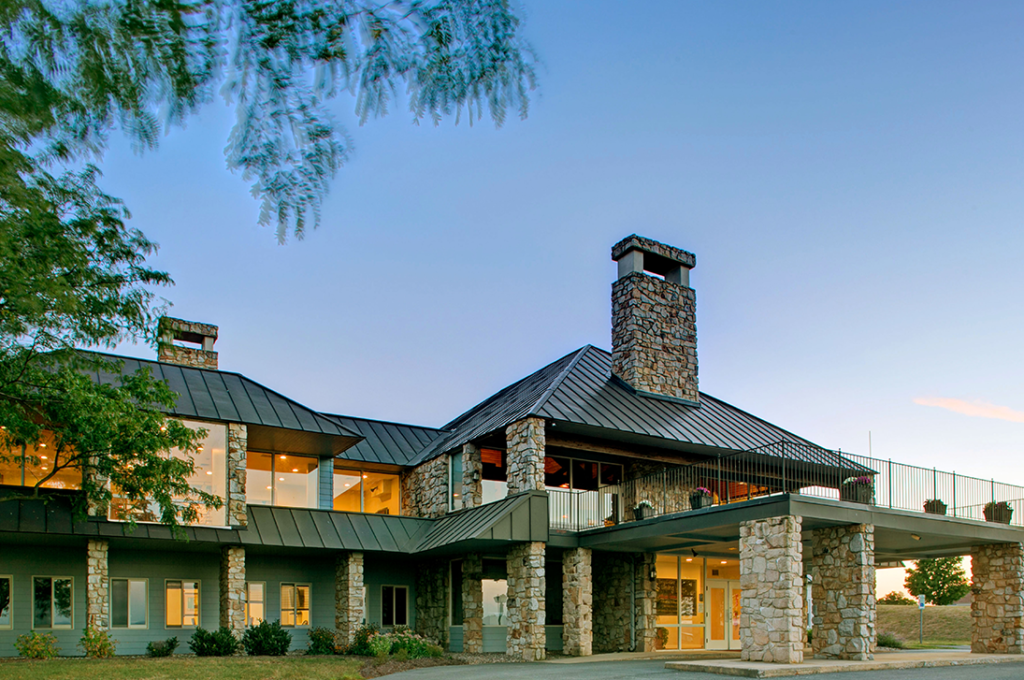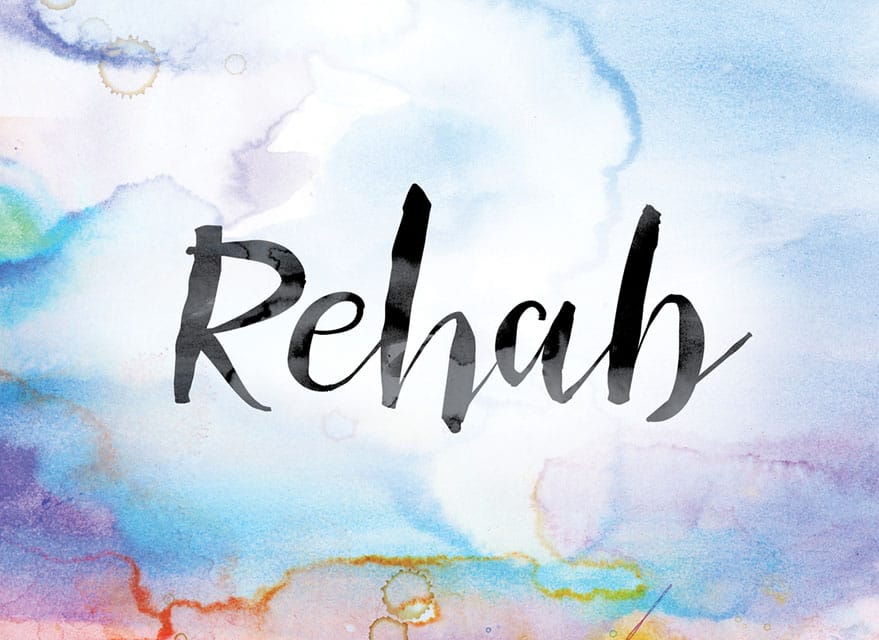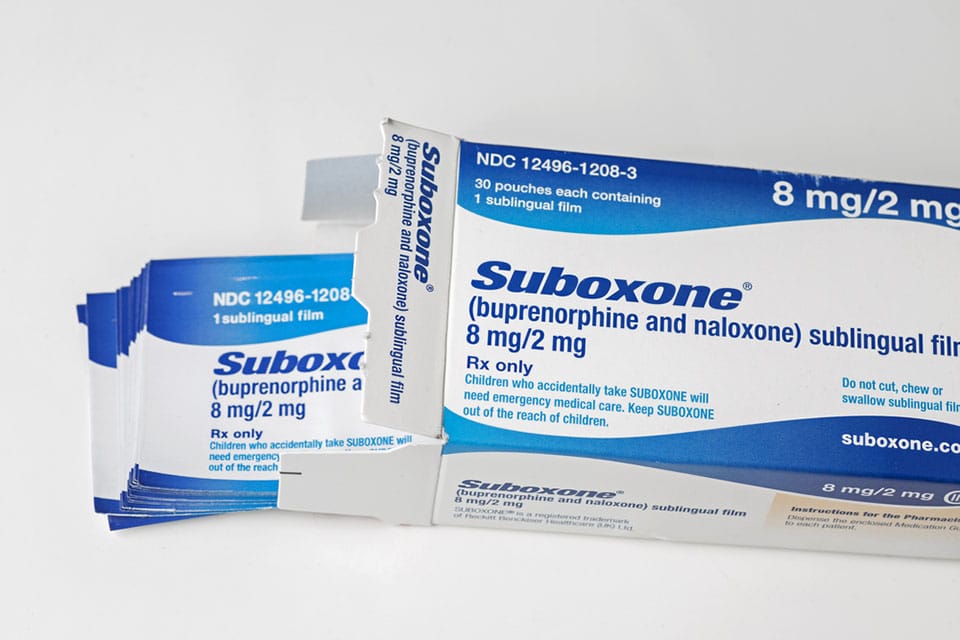Are there any shortcuts to sobriety? While you can go through a medicated rapid detox and come out the other end in sobriety, can you really be in recovery with a shortcut like that? Maybe, but probably not for long. True sobriety and real recovery take time. If you want to consider shortcuts, be informed, but also be prepared to do additional work to make sure sobriety lasts. Rapid detox can be dangerous if done improperly. If you have questions about how to detox from drugs or alcohol safely, please reach out to Recovery Ranch TN at 1.844.876.7680 and ask about our drug and alcohol detox center.
What Is Rapid Detox?
A controversial, quick fix for addiction is called rapid detox or ultrarapid detox. If you are battling an addiction to drugs or alcohol, you know the feeling of withdrawal symptoms. When you can’t get your next dose or drink fast enough because you’re sweating, shaking, nauseous, and in pain, all you can think of is making it stop.
Getting through detox is a major hurdle. You are on the road to recovery if you can do it without relapsing. Detox facilities that provide a rapid or medicated promise to give you a painless experience. You will be put under anesthesia for the duration of the detox so that you essentially sleep through the difficulties of withdrawal. You may think that if you could only get through that part, you would be sober and would never want to use again. This belief is what makes rapid detox controversial and dangerous.
Detox is not the end of treatment for any addiction. Getting sober is simply the first step. Some people see rapid detox as a shortcut. The truth is that rapid detox is an aid, not a solution. You have to do the additional work, including therapy and support group meetings, to be in recovery after detox truly. Rapid detox by itself does not work.
Health Risks of a Rapid Detox
There are a number of health risks associated with rapid detox. These include:
- Dehydration – Rapid detox can cause dehydration, which can lead to a number of serious health problems.
- Electrolyte imbalance – This can occur when the body is unable to maintain proper levels of electrolytes, which are essential for proper body function.
- Heart arrhythmias – These are irregular heartbeats that can be potentially dangerous.
- Kidney failure – Rapid detox can put a strain on the kidneys, which can lead to kidney failure.
- Seizures – Seizures are a potential complication of rapid detoxification.
- Death – Although rare, death is a possible complication of rapid detox.
In order to avoid these potentially deadly complications, it is important to make sure that you avoid rapid detox and choose a reputable detox program, complete with medical professionals. This will help to ensure that you are as safe as possible during the detox process.
The Benefits of Medication-Assisted Treatment
Research in the field of addiction has led to the development of a number of medications that can help people get and stay sober. As with rapid detox, however, these are not shortcuts to sobriety. Anyone who treats them as such is destined for failure and relapse. Traditional addiction treatment philosophy says that those in recovery should not be given any drugs. However, research shows that they can help, but only when used in conjunction with therapy, social support, and other types of treatment.
One important addiction drug is naltrexone. When taken regularly, it can reduce cravings for alcohol and also block the high produced by opioid drugs. Disulfiram, or Antabuse, is another medication that can help alcoholics. When an alcoholic is on this drug, any amount of alcohol consumed will make them very sick. It is a deterrent to drinking.
Acamprosate can also be used for alcoholics who have gone through detox. It repairs damage to the brain caused by heavy drinking. All of these medications have their weaknesses; none represents a cure or a shortcut to sobriety. They only help those who also engage in more traditional forms of addiction treatment. While there may be shortcuts to sobriety in a technical sense, there is no cure for addiction and, therefore, no quick fix.
What Method Is Best for Long-Term Recovery?
If you want to get sober and learn how to stay sober for the rest of your life, you need to put in the time and the effort. Researchers have given us some amazing tools that can aid in the goal of getting sober. If you choose to use them, follow your doctor’s instructions and keep up with your counseling and therapy for the best results. You may benefit from therapies such as:
- Cognitive-behavioral therapy (CBT)
- Dialectical behavior therapy (DBT)
- Eye movement desensitization and reprocessing (EMDR) therapy
- Nutrition therapy
- Equine-assisted therapy
- Motivational interviewing
All of these therapies have been proven to help those in addiction treatment. They should be used in conjunction with each other and with traditional methods such as 12-step meetings for the best chance at long-term sobriety.
Seek Support at Recovery Ranch TN
Recovery Ranch TN is a comprehensive addiction treatment center located in the rolling hills of Tennessee. We offer a variety of therapies to help those in early recovery, as well as detox services for those who are struggling with addiction. Our goal is to help you get and stay sober so that you can live a happy, healthy life. Contact us today at 1.844.876.7680 to learn more about our program.




